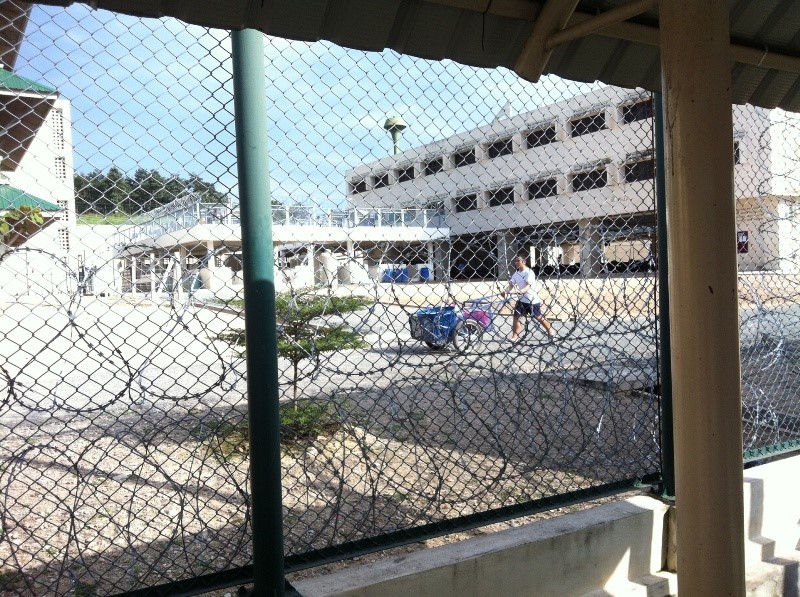Following a Thomson Reuter exclusive report alleging the use of forced labour in a number of Thai prisons, Khon Kaen Fishing Net Ltd (KKF), a company that supports prisoner vocational rehabilitation programs, announced that they will terminate their contracts with any prisons involved in the abuse.

File Photo
A letter signed by KKF managing director Chaiyot Sereeyothin noted that the company employs inmates to produce fishing nets in support of a Department of Corrections project “Create Work, Create Occupations.” The project aims to equip inmates with vocational skills prior to their release. In addition to KKF, a number of textile and furniture companies also take part in the project.
The letter noted that KKF was reassessing its commitment to the project out of concern that it violated the Anti-Human Trafficking Act and Department of Corrections regulations on inmates’ wages, working hours and work assignments. This included the termination of employment contracts in response to the illegal and “unrighteous acts in certain prison facilities.”
The company’s decision stems from Thomson Reuter’s exclusive coverage “Jails in Thailand force prisoners to make fishing nets under threat of violence.” In the report, former inmates state that they were forced to produce fishing nets for 30 baht a month, well below the kingdom’s minimum wage range of 313-336 baht per day. Beatings and threats of delayed release were reportedly also used to make inmates work harder and meet quotas.
The report noted that KKF, Thailand’s biggest net manufacturer, sold 2,364 tonnes of fishing nets worth some 12 million USD last year. It also stated that company asked at least one prison not to disclose information about its contract to Thomson Reuter’s reporters.
On 24 December, the Department of Correction issued a statement saying that the Thomson Reuter’s report “may not reflect the whole picture.”
In the statement, the Department’s deputy director Thawatchai Chaiwat explained that to rehabilitate inmates and help them to return to the society, prisons run various types of vocational training - including call centre services, baking, car care and dried fruit extraction - with wages ranging from 3,420-13,882 baht.
He added that forcing inmates to work was “unacceptable”, denied that the Department has been doing so, and asked the public to maintain trust in the rehabilitation project.
Prachatai English is an independent, non-profit news outlet committed to covering underreported issues in Thailand, especially about democratization and human rights, despite pressure from the authorities. Your support will ensure that we stay a professional media source and be able to meet the challenges and deliver in-depth reporting.
• Simple steps to support Prachatai English
1. Bank transfer to account “โครงการหนังสือพิมพ์อินเทอร์เน็ต ประชาไท” or “Prachatai Online Newspaper” 091-0-21689-4, Krungthai Bank
2. Or, Transfer money via Paypal, to e-mail address: [email protected], please leave a comment on the transaction as “For Prachatai English”
